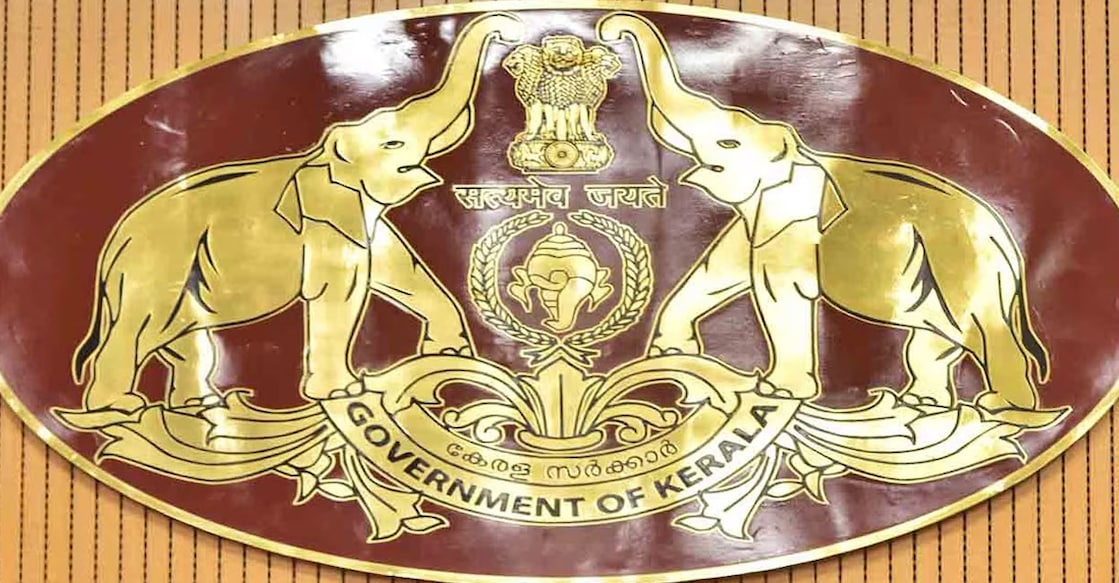Kerala govt departments shell lakhs for PR agencies, shun state-run PRD

Mail This Article
Thiruvananthapuram: Many government departments and affiliated firms in Kerala are increasingly hiring private PR agencies on annual contracts, effectively sidelining the state-run Public Relations Department (PRD).
Despite previous assurances from the Chief Minister, following an interview with The Hindu, that the state relies solely on the PRD for news dissemination, various departments have engaged private PR agencies. These hires are often made through non-transparent processes, bypassing tender requirements. Broad qualification criteria for PR agencies allow certain firms to be repeatedly re-engaged, with some departments reportedly spending up to Rs 40 lakh annually on these services.
Key departments, including IT, Industry, and Tourism, lead in PR spending, with each department paying Rs 3 to 3.5 lakh monthly for media dissemination. Collectively, the three IT parks have empanelled three PR agencies on five-year contracts, costing Rs 21 lakh annually. The Kerala Startup Mission, also under the IT Department, spends Rs 42 lakh per year on PR services.
K-FON, despite delays in providing free connections for BPL households, plans to hire a PR agency at an estimated Rs 18 lakh annually. Similarly, the Sports Kerala Foundation, under the Department of Sports, has finalized an event management firm for PR, while K-SMART, under the Department of Local Self Governance, has received PR agency bids ranging from Rs 30,000 to Rs 2.5 lakh monthly, though no contract has been awarded yet.
Vizhinjam International Seaport Limited (VISL), under the Ports Department, has appointed the same PR agency previously hired by K-Rail for the SilverLine project, which did not come to fruition. Nevertheless, the agency received around Rs 60 lakh over two years from K-Rail.
The Tourism Department, rather than individual entities within it, has retained the same PR agency since 2015. Although departmental panels select PR agencies, many departments bypass creating separate lists by referencing panels established by other departments. This has effectively created a monopoly, with PR contracts for multiple government departments concentrated among a few select agencies.

